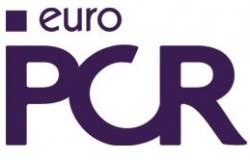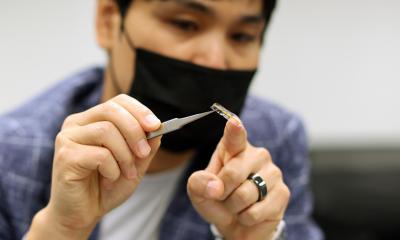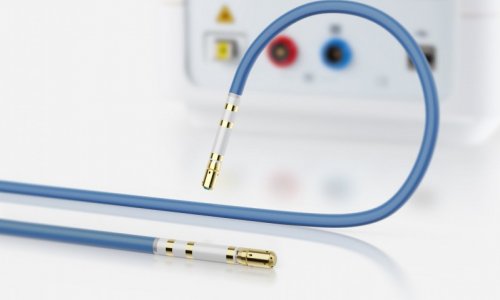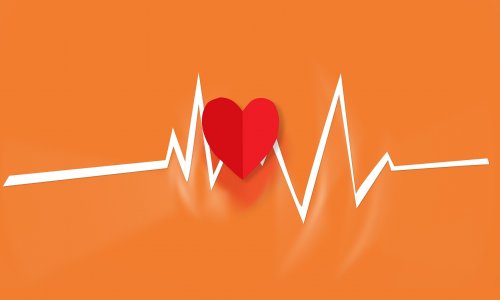EuroPCR 2010
The cardiovascular community gathers in Paris May 25th-28th for EuroPCR. EuroPCR is the leading course in interventional cardiology. It is also the official congress of the European Association of Percutaneous Cardiovascular Interventions (EAPCI). More than 12,000 participants will learn about the latest developments in the field and engage in discussions and constructive debate about the best treatment options.

Organised for the first time in 1983 by Pr Jean Marco, this European course on the new angioplasty
technique, with live case demonstrations, has grown to become the largest international
conference of its kind in the world.
A comprehensive programme, focused on interactivity
290 sessions, shared between plenary, symposia, practical sessions, interactive learning sessions, forums and discussions, as well as live demonstrations from 15 centres, will address the various aspects of percutaneous cardiovascular interventions (PCI) applied to therapeutics and imaging. “This year, participants from more than 40 working groups and societies have been implicated in the elaboration of the programme”, says Dr William Wijns, Chairman of EuroPCR. An expansion of forum sessions will enable participants to exchange their experience, propose new strategies, learn from each other, talk about problems encountered, and exchange knowledge, as well as tips and tricks learnt in their practice.
The first part of the programme concerns Coronary and structural heart disease. It has been devised with a four-track approach intended to mirror the life-cycle of a device, from Innovation, with the latest breakthroughs in technology, to Technique, then Clinical, and finally to Evidence, which presents applicable guidelines. The second part, the Endovascular programme, targets two audiences: interventional cardiologists wishing to expand their practice to endovascular/peripheral interventions, and endovascular practitioners who already have experience in peripheral interventions and wish to be informed of the latest technology and discuss current issues and controversies. The third part, the Nurses & technicians programme, runs through the latest techniques and devices, with an emphasis on ensuring the best possible care of the patient.
Innovation and hot topics
The 2010 edition of EuroPCR will include more sessions than ever dedicated to innovation. Together with the presentation of technological developments and new devices in the pipeline, an Innovation Incubator will offers an exceptional opportunity to meet representatives from innovation companies and to learn about their emerging technology. Three hot topics are covered during the Forums: the challenging implementation of the best standard of care for STEMI patients throughout Europe, the introduction of transcatheter aortic valve implantation (TAVI) in routine clinical practice, and the challenges related to bifurcation treatment options. The "Stent for Life" (SFL) initiative, launched in 2009 by a coalition of the EAPCI and EuroPCR, along with various partnering organisations, aims to ensure patients with acute myocardial infarction receive the right treatment at the right time in all European countries.
Achievements in each of the pilot countries identified will be presented by national representatives at EuroPCR 2010. Fourteen sessions will be dedicated to transcatheter aortic valve implantation (TAVI), the most recent breakthrough in interventional cardiology for the treatment of aortic stenosis. “TAVI offers a new perspective to patients with aortic stenosis who are not healthy enough to overcome - or even qualify - for classic aortic valve surgery”, says Martyn Thomas of Guy’s and St Thomas NHS Foundation Trust, London, and EuroPCR Programme Committee Member.
20.05.2010





